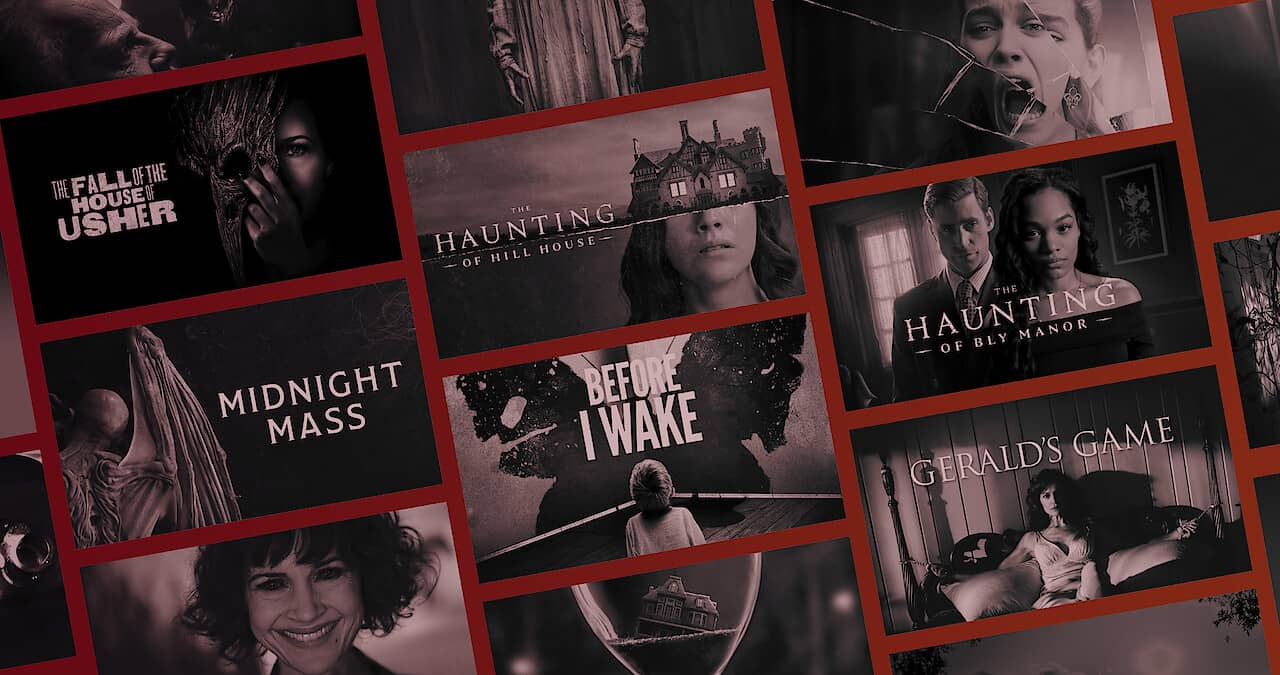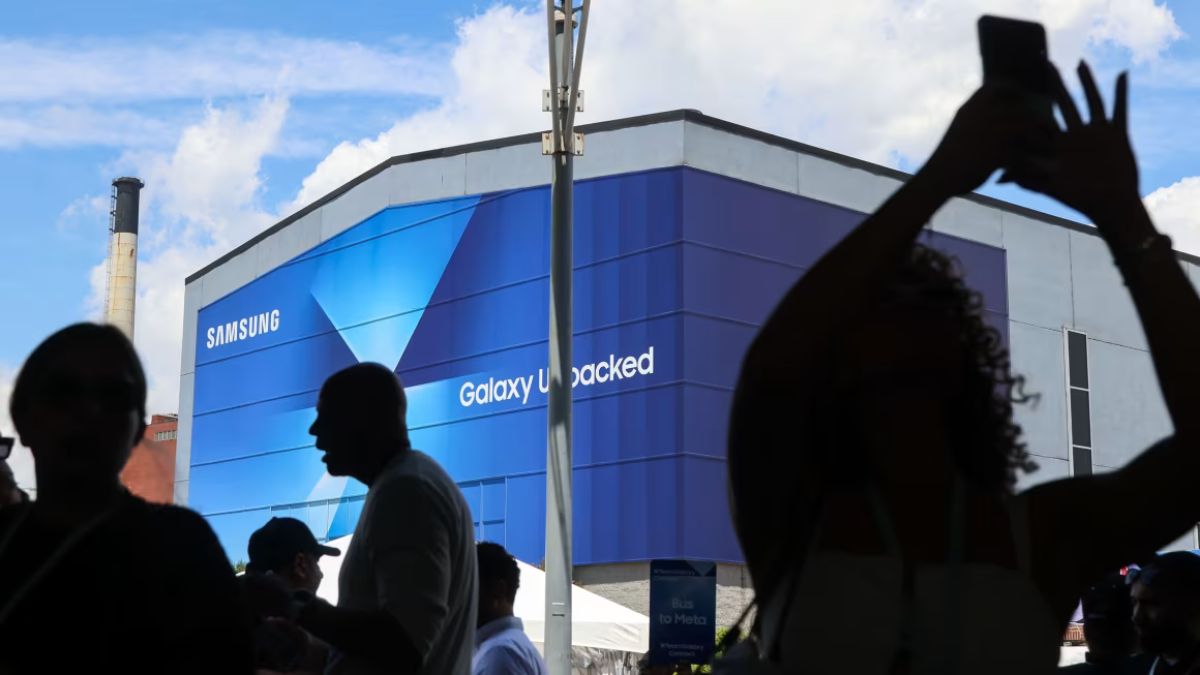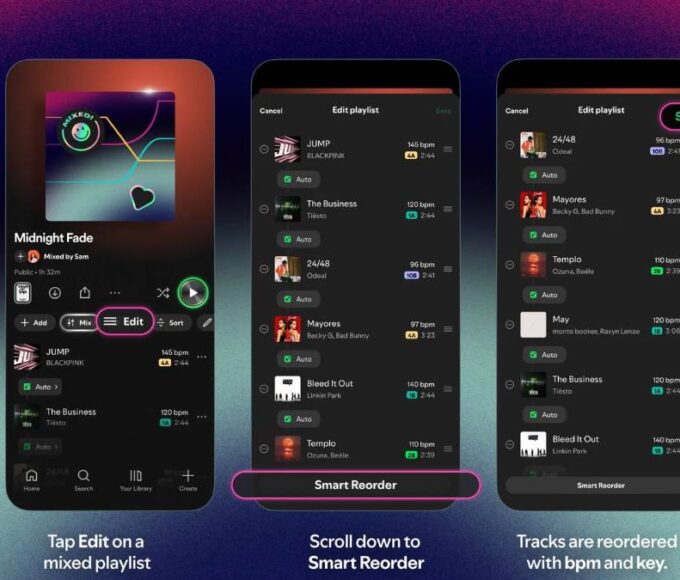Waiting for a new season of your favourite TV show used to be exciting. Now, it just feels tiring.
In today’s world of streaming, long gaps between seasons have become the new normal. Shows like Stranger Things, Wednesday, and The Last of Us make fans wait two or even three years for the next part of the story.
By the time the new season arrives, many people have lost interest or even forgotten what happened before.
This waiting game is not just frustrating — it changes how we enjoy TV. Television used to be about consistency. Shows like The West Wing or ER gave us new episodes almost every week for most of the year.
Fans knew when to expect them, and the excitement stayed alive. Even classic shows like The Simpsons and Seinfeld were made quickly, often within months, but still managed to be great.
So why is everything so slow now? Part of the problem is big budgets. Popular shows today cost millions of dollars per episode. They use special effects, big-name actors, and lots of behind-the-scenes work.
Plus, shows have to be released around the world in different languages, which takes even more time. The pandemic and the Hollywood strikes in 2023 made things worse too.
Another big reason is streaming platforms’ business models. Services like Netflix and Disney+ don’t need to fill TV schedules every week. Instead, they want you to stay subscribed for the promise of future content. Making people wait can actually help them keep subscribers longer.
But not all shows follow this trend. The Bear, for example, has released four seasons in four years. The Pitt, a new hospital drama, is also keeping things moving fast. These shows prove that it’s still possible to make good TV without forcing fans to wait years.
Long waits might work for big movie releases, but TV is supposed to be different. TV should feel regular, familiar, and connected to daily life. When seasons come too slowly, that connection breaks.
Good things don’t always come to those who wait. And when it comes to TV, most of us would rather have our favourite shows served hot and fresh — not ice cold years later.











